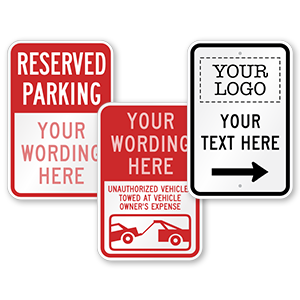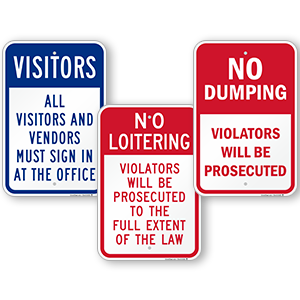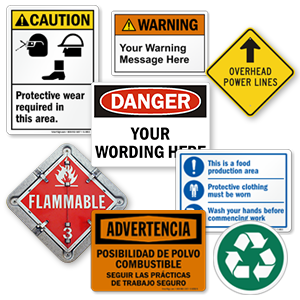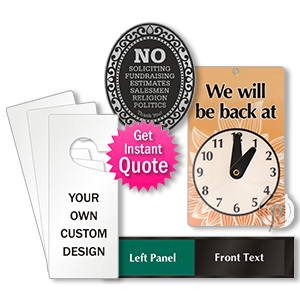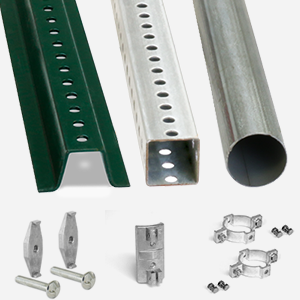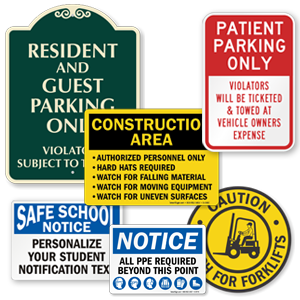Personality is your biggest asset
This post is part of a series celebrating SmartSign’s 15th Anniversary. In 15 posts, we reflect on lessons learned, good experiences, and company-wide changes that brought us to this milestone of success. You can view the entire series here.
When you’re looking for a new job, it might feel like your resume is your life raft. If you’re just starting out, it’s all about getting the right experience to demonstrate specific skills, bolstering your technological know-how, or even just cramming the whole thing full of buzzwords. When you’re further along in your career, it becomes an agonizing process of culling certain positions or responsibilities so that your resume reads like an exact match to the job description, without all those earlier endeavors that don’t feel relevant anymore.
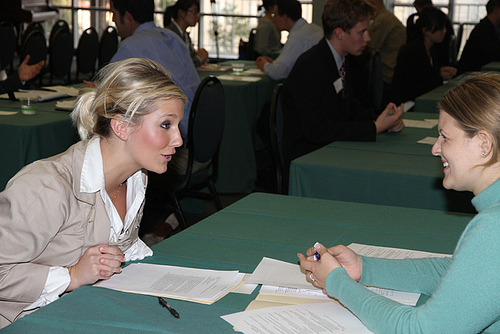
Don’t underestimate the value of compatible personalities in the workplace. From bpsuf.
Sure, you want to make sure there are no typos in that piece of paper, but the biggest weapon in your arsenal? Yourself. For all the buzzwords and bullet points on your resume, it’s really your disposition that your future boss is evaluating. Here at SmartSign, we place the highest value on how well a new hire will mesh with their potential teammates and with our company culture. Bryan Bowers, our CFO, says: “Personality is critical. Having the best resume is all well and good, but the person you hire must have a personality that fits with the team.”
And indeed, recent research confirms that the majority of employers (88% according to an industry study) are looking for “cultural fit” over existing skills. Professionalism, high energy, and confidence are the top three traits that employers are looking for when hiring, which are big first-impression items, but they’re also looking for deeper personality traits: intellectual curiosity, friendliness, and a willingness to adapt are indicators of a flexible and dynamic personality. Bowers explains why this approach works: “Skills can be taught, and sometimes it’s easier to train someone into the company’s way of doing things, but personality and compatibility are what you bring in the door with you.”
However, it’s not that your personality needs to be universally acceptable; different companies will have a variety of traits they value, and that’s usually tied to the company’s culture which can be a nebulous (and sometimes shifting!) benchmark. “Corporate culture” can be defined by work-life balance, by how much customer or client interaction is required, and by how collaborative the teams are, both internally and across departments. And it’s important to be specific, since two companies can exist in the same vertical — Goldman Sachs and Wells Fargo are both in “financial services” — and their company cultures are completely different.
As you’re applying for positions and thinking about “personality” and how much it will affect your chances, self-assessment goes a long way. Ask yourself some hard questions about your most effective work style (highly collaborative and flexible, or task-oriented and structured), whether you’re an introvert or an extrovert, your comfort in varying types of hierarchies (rigid, loose, non-existent). And don’t forget that the cultural evaluation swings both ways — you should feel like a company is a good fit for you, as well as the other way around!


